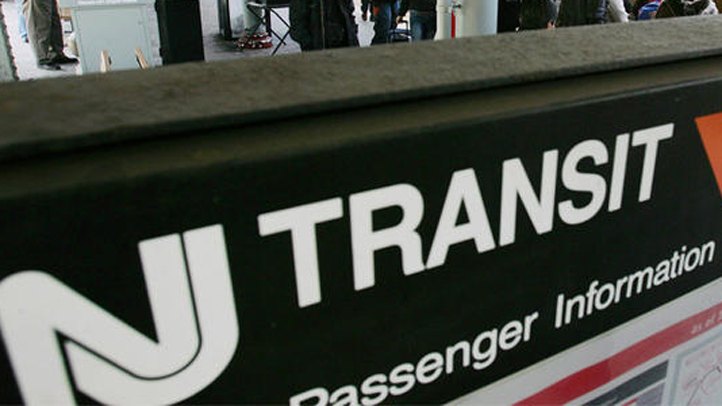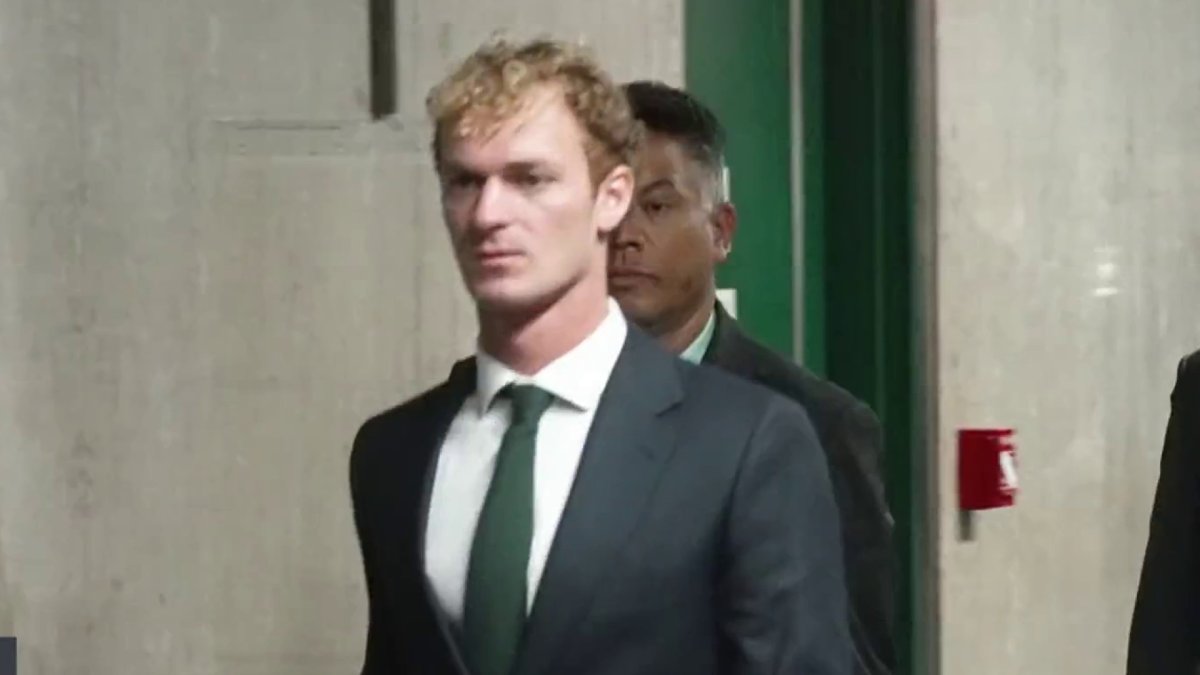During the monthlong trial, the anonymous jury heard testimony from subway passengers who witnessed the roughly six-minute chokehold, as well as police who responded to it, pathologists, a psychiatric expert, a Marine Corps instructor who taught Penny chokehold techniques and Penny's relatives, friends and fellow Marines. Penny chose not to testify.
Jurors watched videos recorded by bystanders and by police body cameras and saw how Penny explained his actions to officers on the scene and later in a stationhouse interview room.
News
 NJ Transit
NJ Transit3 hours ago
 Shopping
Shopping5 hours ago
“I just wanted to keep him from getting to people,” he told detectives, demonstrating the chokehold and describing Neely as “a crackhead” who was “acting like a lunatic.”
“I'm not trying to kill the guy,” he insisted.
Multiple witnesses said Neely shouted about needing food and something to drink, whipped his jacket to the floor and said he didn't care if he died or went to jail. They differed in descriptions of his movements and whether they were threatening. Several said they were alarmed by him and some were thankful when Penny subdued him.
City medical examiners ruled the chokehold killed Neely. A pathologist hired by Penny’s defense contradicted that finding.
Prosecutors say Penny intended to protect people but used too much force, indifferent to the human life he was holding in his arms. Prosecutors have noted the veteran continued to grip Neely's neck after the train stopped and anyone who wanted to get out could do so, after bystanders urged Penny to let go, and even after Neely had been still for nearly a minute.
The defense contends Penny held on because Neely tried to break loose at points and that the pressure on the man's neck wasn't consistent enough to kill him. Penny's lawyers are likely to emphasize their pathologist's testimony that the man was killed by a variety of factors but not the chokehold.

 www.yahoo.com
www.yahoo.com




